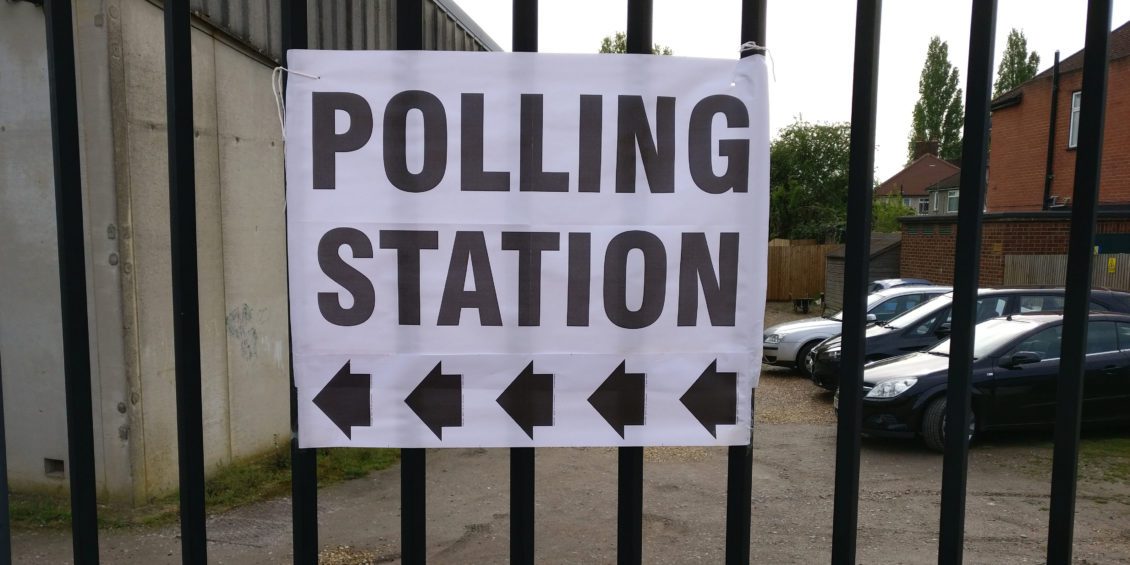
In the Commons, the prevalence of ‘safe seats’ under Westminster’s First Past the Post voting system, means that once a seat is in an MP’s hands, it may be their’s for decades. It’s no wonder so many people feel disengaged from politics – in hundreds of seats, only one candidate seems to stand a chance.
This has the dual negative effect of reducing the potential for the UK Parliament to reflect the society it serves and at the same time incentivises dodgy deals.
Pale, male and stale – with a job for life
Despite measures to improve the diversity of candidates, it’s no good if they are standing in seats no candidate from their party could win. The number of winnable or marginal seats that could change is limited. As much as many would-be politicians claim to stand for equality, the reality is that they will fight tooth and nail to be selected for a safe seat. When it comes to parliamentary selections, it’s every white man for himself.
Without political parties imposing All Women Shortlists (AWS), we wouldn’t be even close to the level of female representation that have today. Even so, it’s been a battle.
Labour achieved its goal of getting 100 female MPs into Parliament in 1997 by using AWS to select candidates in half of all winnable seats. But that process wasn’t without pain. In some areas where an AWS was imposed, local party members refused to take part in the selection process.
By 2009, both the Conservatives and Liberal Democrats acknowledged the need for AWS to speed up the pace of change and in 2015 AWS was used for the selection of a few Conservative candidates.
The number of women MPs ever elected since 1918 only surpassed the number of male MPs sitting in parliament in 2016, whilst the number of black and minority ethnic MPs has only recently reached 10%.
Women only make up 34% of MPs
The record for most female MPs elected was broken at the 2019 election, which marked the first time that female representation in the House of Commons is more than 33%. It saw an increase in the percentage of women elected from both Conservative and Labour. Although 51% of Labour MPs are now women, the lack of any stop mechanism in party rules means preferential AWS shortlists may continue this rise until the legal exception sunsets in 2030.
Countries with proportional electoral systems are generally more representative. The top-ranked democracies in the world for women’s representation – the Nordic states, Mexico, South Africa and Spain – all use forms of PR in their legislature. In addition, PR is an enabler of techniques for increasing women’s representation such as ‘zipping’ in which party lists alternate genders.
Instead, with just one seat up for grabs in each area, First Past the Post benefits the already-powerful. Of the 2019 parliamentary intake, 29% of MPs had been educated privately, compared to about 7% of the population (41% of Conservative MPs and 14% of Labour MPs attended independent schools). Of the 173 MPs who went to independent schools, 11 went to Eton. Only just over half of MPs (54%) went to a comprehensive school compared to 88% of the population.
Public funds pour into a handful of swing seats
As if missing out on huge swathes of the population who could be MPs, wasn’t bad enough, Westminster’s rigged voting system also creates an incentive for governments to funnel public funding to a handful of swing seats that they need to take power. This means there is an inbuilt incentive to distribute resources to certain areas, and not necessarily those with greatest need.
The Conservative ‘Town’s Fund’ – a £3.6 billion fund to improve towns across England and ‘level up’ regions – has been investigated by the Public Accounts Select Committee and a report published by the National Audit Office over concerns about the distribution of these funds. The Public Accounts Committee concluded that, “the selection process was not impartial” and that “although departmental officials scored and ranked all towns across England against a set of criteria, such as income deprivation, the selection process gave Ministers discretion to choose which individual towns would be eligible to bid.”
Bias towards Tory marginal seats
Academic research has shown that the ‘Towns Fund’ not only disproportionately favoured Conservative-held towns but specifically those in which the Conservative lead was marginal. The researchers also ruled out the possibility this was a coincidence. “The bias in favour of Conservative-held towns was sufficiently large to over-turn civil service recommendations not just on fine distinctions within broad categories but concerning the drift of the scheme as a whole.”
Proportional representation would bring an end to the ‘safe seat’ culture and remove the incentive for money to be poured into swing seats. It would also open up all seats for fairer competition not just between, but also within political parties.
As more trade unions come on board with the realisation that PR is the way forward, their next step needs to be more visible support for the policy by sharing information and opening up education opportunities to their members.